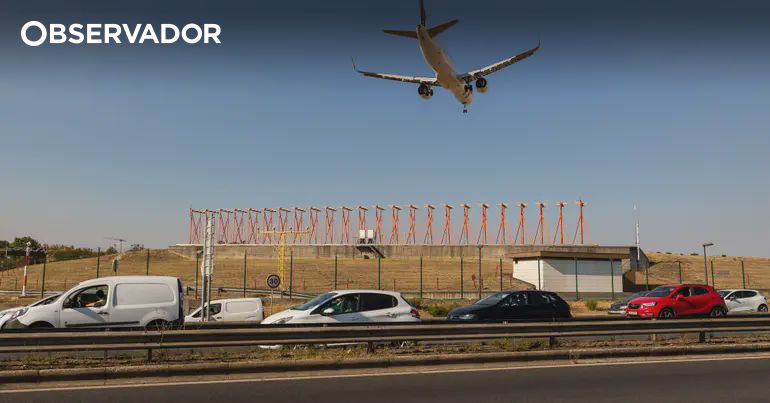Summary:
1.4 service disruptions per day reported in 2024, totaling 539 occurrences.
11% increase in disruptions compared to 2023 due to train malfunctions.
Blue Line faces about double the incidents compared to other lines.
Aging fleet is a major cause of service failures, with many cars dating back to the 1990s.
Ongoing improvements expected with fleet renewal and new signaling systems.
Daily Disruptions in Lisbon's Metro
In 2024, the Lisbon Metro reported an alarming average of 1.4 service disruptions per day, totaling 539 occurrences throughout the year. This marks an 11% increase from the previous year, mainly due to train malfunctions.
Service Interruptions and Delays
The reported disruptions included delays exceeding the normal waiting times and complete halts in service across various lines. The data indicates that every two days, there are service interruptions lasting more than 30 minutes. The Blue Line is notably the most affected, experiencing approximately double the incidents compared to other lines due to its length and higher passenger traffic.

Causes of Failures
The primary cause of these disruptions is attributed to train malfunctions, which have surged by 69%. The aging fleet is a significant factor contributing to these failures. In 2022, the Metro operated with 333 train cars, many dating back to the late 1990s, despite the network expanding over the years.
Passenger Incidents
Another contributor to service disruptions includes incidents involving passengers and external factors, which accounted for 133 occurrences in 2023, dropping to 118 last year. These incidents range from disturbances to intrusions on the tracks.
Future Improvements
The Metro company is optimistic that the ongoing fleet renewal and a new signaling system will lead to significant improvements in service efficiency, aiming to reduce the frequency of malfunctions and enhance passenger experience.










Comments
Join Our Community
Create an account to share your thoughts, engage with others, and be part of our growing community.